Learn effective strategies for safely managing corns, from gentle exfoliation and choosing...
Read More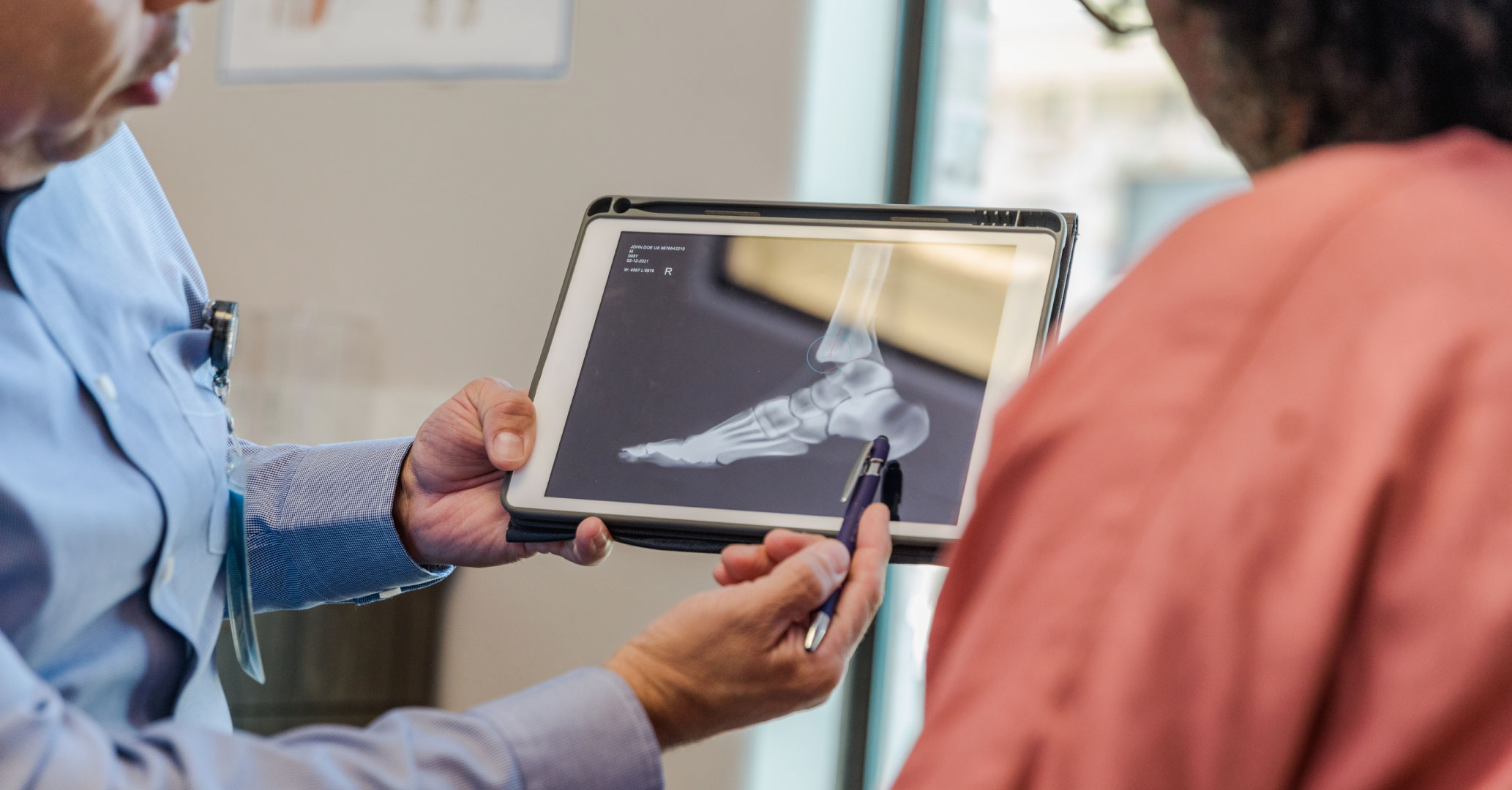
Corns, calluses and warts can look similar to the untrained eye, but their causes and treatments differ. Inspira’s podiatrists are here to treat these conditions, providing you with the best possible care.
A corn is a thickened, hardened area of skin that typically develops on the feet, often on the toes or soles. They are caused by repetitive friction or pressure on the skin, which forms a protective layer of dead skin cells. Complications from corns include discomfort, pain and difficulty walking or wearing shoes.
A callus is a thickened area of skin that forms from repeated friction or pressure on the foot. It usually appears on weight-bearing areas like the heels or balls of the feet and is caused by excessive rubbing or friction, often from ill-fitting shoes or repetitive activities. Complications include discomfort, pain and the possible development of cracks in the skin, which increase the risk of infection if left untreated.
A plantar wart is a small, grainy growth that develops on the soles of the feet. They are caused by the human papillomavirus (HPV) entering the skin through small cuts or abrasions. Plantar warts can cause discomfort or pain when walking or standing, and if left untreated, they may multiply, grow larger or spread to other parts of the foot.
Corns and calluses are typically diagnosed through visual examination by a health care professional. They are identified by their characteristic appearance of thickened, hardened skin. In some cases, doctors may gently press or squeeze the area to assess tenderness or pain.
Plantar warts are diagnosed through a combination of visual examination and clinical evaluation. A health care professional will examine the wart's appearance, including a rough, grainy texture and small black dots. Sometimes, if uncertain, a doctor may scrape off a small tissue sample for a biopsy.
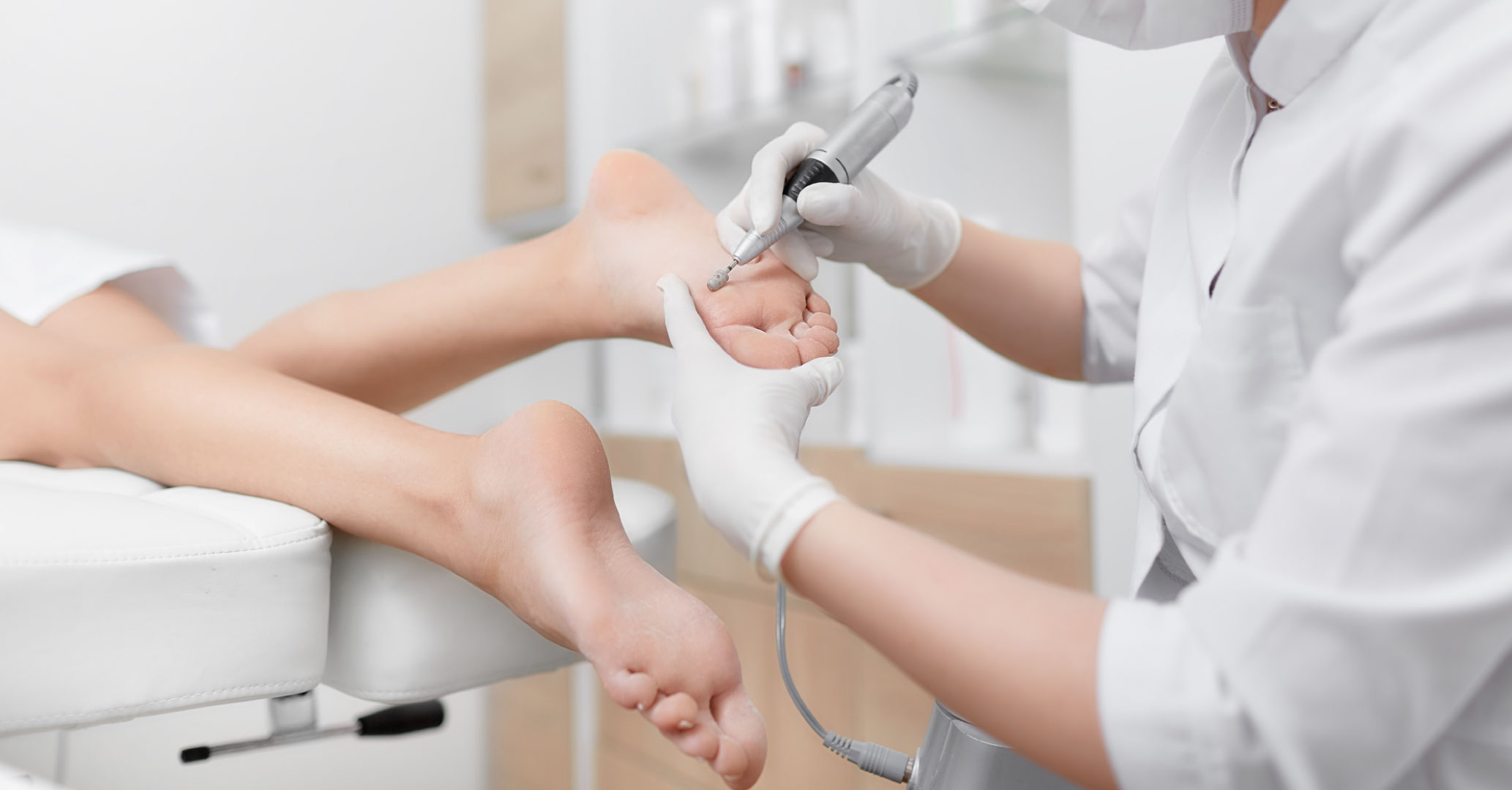
Corns, calluses and warts can be treated with several therapies, depending on your diagnosis and symptoms.
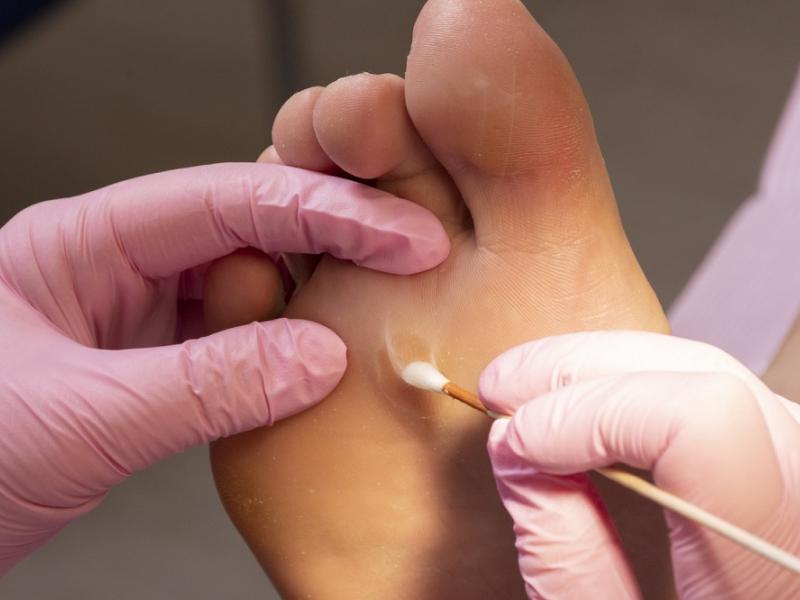
Over-the-counter salicylic acid medications and removing the thickened skin with special tools like a scalpel can help eliminate corns and calluses. Plantar warts can be removed with cryotherapy, which involves freezing the wart with liquid nitrogen. Your health care provider may also recommend immunotherapy or prescription-strength topical medications for more resistant warts.
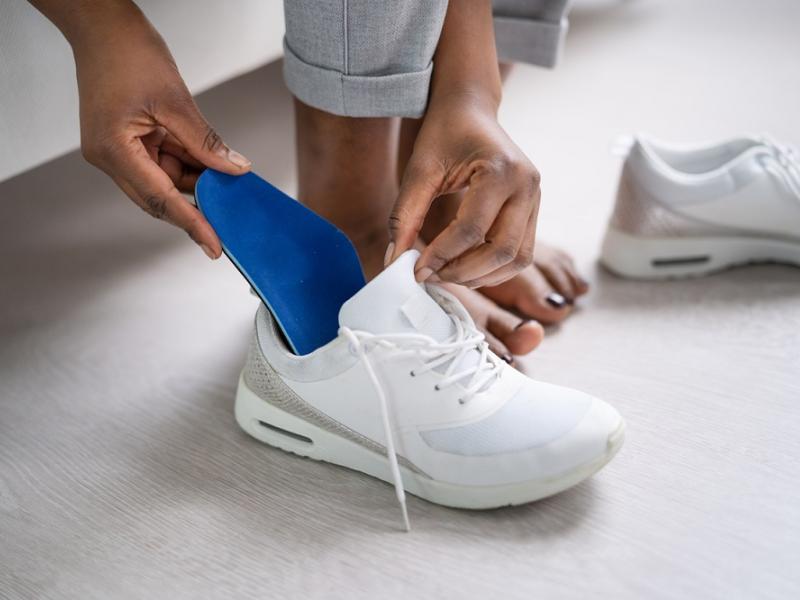
Wearing protective pads or custom orthotic devices can alleviate pressure on the affected areas.
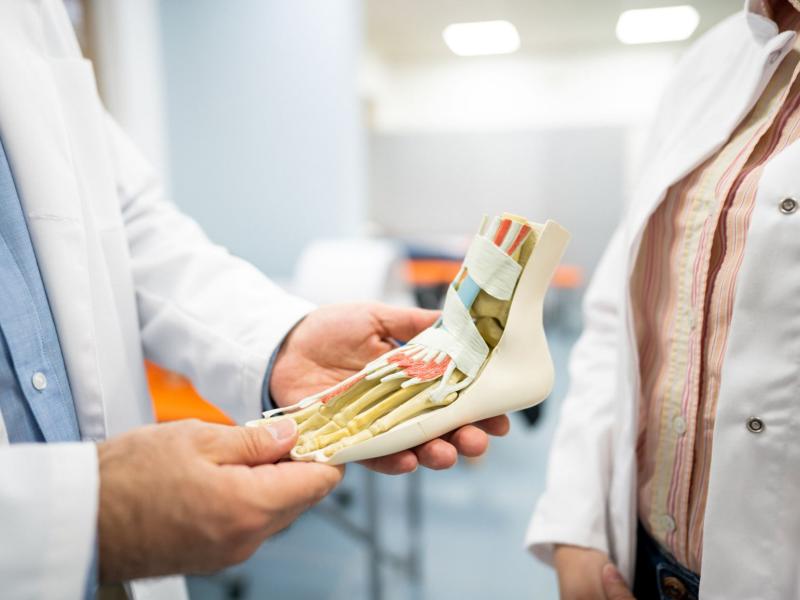
In some cases, physicians may recommend surgical removal of warts.
At Inspira, foot health is as important to us as any other condition. Our podiatrists are here to work with you to find the best solution or treatment to ease your symptoms and get you back to normal life. Help from Inspira is never far with offices and treatment centers conveniently located across South Jersey.
To prevent corns and calluses, it is important to wear properly fitted shoes that provide adequate cushioning and support. Regularly moisturizing the feet, avoiding excessive friction or pressure and using protective padding can also help prevent their formation.
Over-the-counter treatments like corn pads, callus removers and salicylic acid-based products can be effective for mild cases of corns and calluses. However, it is recommended to consult a health care professional for plantar warts as they may require more specific treatments or professional intervention.
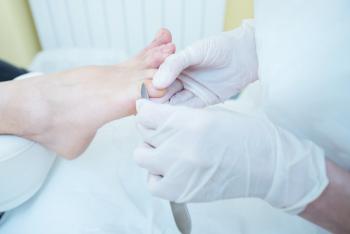
Learn effective strategies for safely managing corns, from gentle exfoliation and choosing...
Read More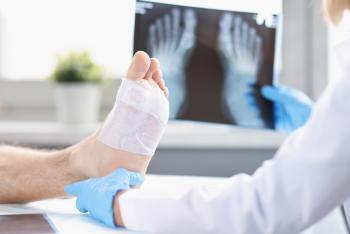
Most people experience foot pain at some point in their lives, but it is important to know when to...
Read More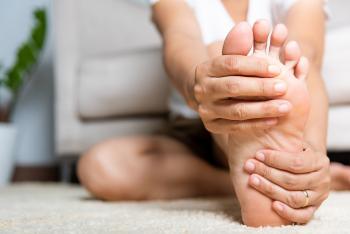
Do you have an ingrown toenail and are not sure how to handle treatment? Here's what you need to...
Read More
The material set forth in this site in no way seeks to diagnose or treat illness or to serve as a substitute for professional medical care. Please speak with your health care provider if you have a health concern or if you are considering adopting any exercise program or dietary guidelines. For permission to reprint any portion of this website or to be removed from a notification list, please contact us at (856) 537-6772